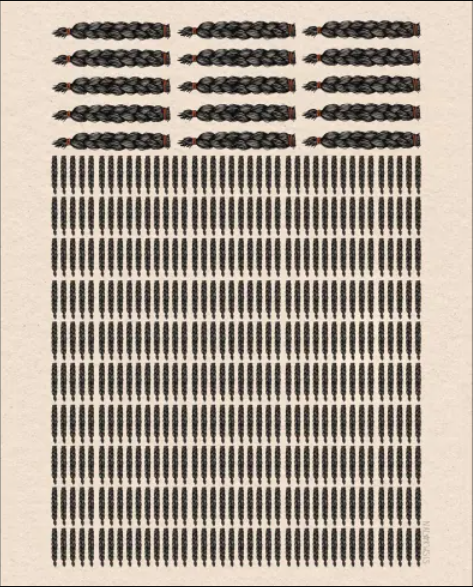
Artwork by Eeyou Artist Nalakwsis, from Whapmagoostui, QC.
Our hearts are with the families and communities mourning the loss of the 215 Indigenous children found in Tk’emlups.
We fully support the work of truth and reconciliation and will continue to advocate for culturally safe care in emergency care settings across BC.
Supports for Indigenous Peoples
- KUU-US Crisis Line Society: Provides a First Nations and Indigenous specific crisis line available 24hrs a day, 7 days a week, toll-free anywhere in BC at 1-800-588-8717. Alternatively, call direct into the Youth Line at 250 723-2040 or the Adult Line at 250 723-4050, or online.
- Mental Health Benefit via FNHA: A plan that covers counselling services from a qualified mental health provider, including psychologists, clinical counsellors and social workers. Your plan will cover as many hours of counselling as you and your provider determine you need. Even if you do not have status, you may be eligible for mental health coverage through one of the specialized mental health programs funded by Indigenous Services Canada. Please see this page here for how to access this service
- Pacific Association of First Nations Women (PAFNW): Has a variety of FREE participatory programs and inclusive events to support wellness, including Brushings, Drum Circles, and even one on one counselling services to support you during COVID-19 or when you’ve just had a hard day. Please see here for more information
- National Indian Residential School Crisis Line
This support line has been set up to provide support for former Residential School students and those affected. Access emotional and crisis referral services by calling the 24-hour national crisis line: 1 866 925-4419.
What can settlers do?
- Educate yourself on what the Residential School System is.
- Educate yourself on what the Truth and Reconciliation Commission was and read the final report.
- Have conversations with your coworkers, friends, and family.
Learning Resources
- Reconciliation Canada
A non-profit group promoting understanding of the Canadian Indian residential school system. - Personal acts of reconciliation
10 actions you can take to learn more about reconciliation - San’yas Indigenous Cultural Safety Training
Online Indigenous Cultural Safety course developed by PHSA, free to practitioners with health authority emails. - Indigenous Cultural Safety Collaborative Learning Series
Webinar Series: Setting the Context for Indigenous Cultural Safety: Facing Racism in Health - Cultural Safety and Anti-Racism in Healthcare: How can Emergency Medicine Contribute?
Webinar hosted by EM Network Members Kendall Ho and Dan Kalla - Indigenous Health in the ED: The Role of Implicit Bias
Webinar presented by EM Network Member James Liu
COMMENTS (1)
Such a terrible discovery, proving what the TRC said in 2015: http://www.trc.ca/assets/pdf/Volume_4_Missing_Children_English_Web.pdf. If anything good can come of this discovery, it may be that the "truth" behind the work of the TRC is confirmed. All Canadians need to know our collective history.
Add public comment…


Such a terrible discovery, proving what the TRC said in 2015: http://www.trc.ca/assets/pdf/Volume_4_Missing_Children_English_Web.pdf. If anything good can come of this discovery, it may be that the "truth" behind the work of the TRC is confirmed. All Canadians need to know our collective history.